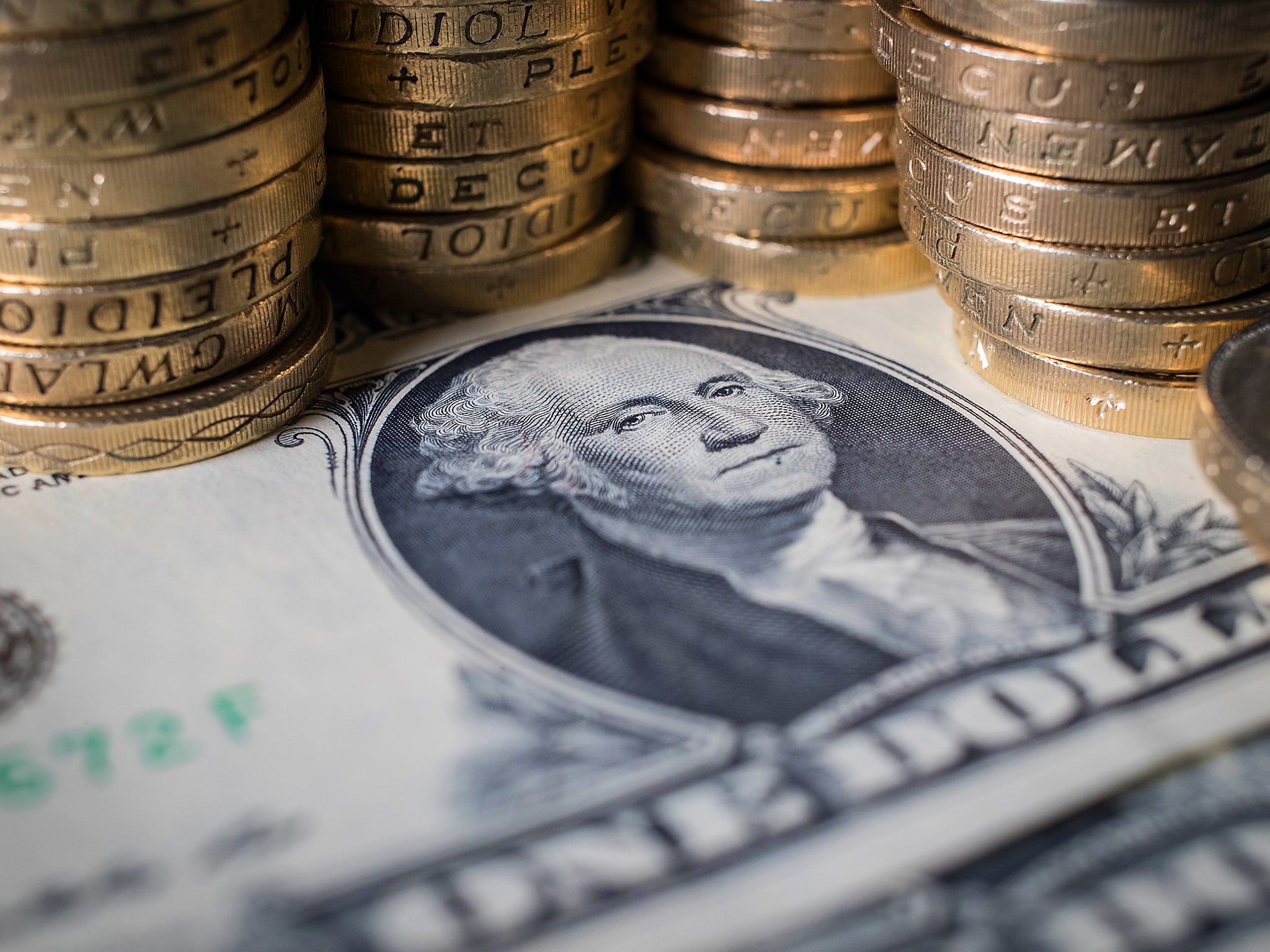US dollar set for worst January in decade after Donald Trump adviser accuses Germany of currency exploitation
Peter Navarro has accused Germany of manipulating currencies, saying that Berlin is using a weak euro to exploit the US and its European Union partners

The US dollar, boosted by Donald Trump’s election victory back in November, has dramatically changed course in recent weeks and is now set to chalk up its worst performance for a January in a decade.
On Tuesday, the buck deepened its recent losses against a slew of currencies after a senior adviser to the new President, Peter Navarro, made comments about the euro, which indicated that the Trump administration might be attempting to talk its own currency down.
The dollar has already had a challenging week, falling particularly sharply against Japan’s yen, which is broadly considered a low-risk asset to hold during times of economic uncertainty.
Strategists and economists had broadly expected the dollar to be fuelled by Mr Trump’s investment promises and pledges to cut back regulation and tax, but many are now saying that the uncertainty enveloping markets is deterring investors from placing big bets on the currency.
“It seems clear that Trump’s modus operandi seems to be to make public threats and bold claims first, before negotiating later,” said Mark Dowding, a partner at BlueBay Asset Management.
“This is likely to lead to elevated volatility as investors seek to interpret the various tweets and messages coming from the White House and it will be important to monitor events in DC very carefully in the next few weeks as we seek to draw investment conclusions,” he added.
According to Bloomberg, a key dollar index used to measure the currency’s strength against a range of other currencies, is on track to chalk up a more than 2 per cent decline for January which would be its worst performance for the first month of the year since 2006, when it decline 2.4 per cent in January.
One think that could spur fresh dollar strength is any kind of indication from the US Federal Reserve that it intends to raise interest rates imminently.
The Fed kicked off a two-day meeting on Tuesday and will make a statement on Wednesday.
“A more confident tone could provide some reprieve to the [dollar],” strategists at Bank of America wrote in a note. Morgan Stanley strategists also said that depending on what the Fed says, the recent downward correction in the dollar might be “put to rest”.
Elsewhere on Tuesday stocks remained under pressure too, after Mr Trump fired acting US Attorney General Sally Yates late Mondayin response to her publicly questioning whether his refugee and immigration ban was constitutional.
Major stock indexes on Wall Street, which like the dollar had enjoyed a surge in the aftermath of Mr Trump’s election victory, suffered their biggest fall of the year on Monday and opened lower on Tuesday too.
The controversial orders Donald Trump has already issued
Show all 9Japan's Nikkei stock index posted its largest daily decline since November. A strong yen tends to weigh on the Nikkei because of the many exporters listed in the index.
“We may only be 11 days into the first 100 days of the new Trump administration but one thing is becoming more apparent and that is that markets are going to be continually tested in the near term by the words and actions of President Trump,” said Craig Nicol, a credit analyst at Deutsche Bank.
Strategists at UniCredit wrote in a note that Mr Trump remains “a wild card”.
Subscribe to Independent Premium to bookmark this article
Want to bookmark your favourite articles and stories to read or reference later? Start your Independent Premium subscription today.

Join our commenting forum
Join thought-provoking conversations, follow other Independent readers and see their replies